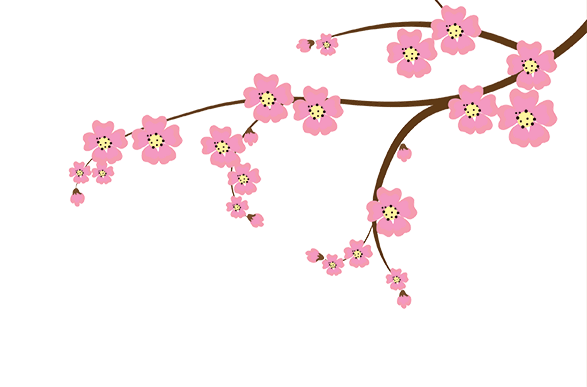From a Chinese medical perspective, a big part of our general health has to do with the quality and quantity of blood in our bodies. The concept of blood includes more than just the red liquid flowing through us; it’s a type of energy. Although Qi and Blood are thought to move through the body together, they are different but cooperative substances responsible for different roles. In Chinese medicine, blood disorders are varied: patients may present with blood deficiency in one or more system, blood stagnation, or a combination of both.
Although it cannot be automatically concluded, we often find that patients who have a blood deficiency in their energetic disharmony, also have anemia or iron deficiency found in a blood test. Many symptoms of anemia overlap with symptoms of blood deficiency such as; fatigue, weakness, dizziness, feeling cold, depression, insomnia and a pale complexion. Iron supplements can help patients with iron deficiency.
The quantity and quality of blood in the system also plays a large part in all gynecological functions, including regulating the menstrual cycle and optimizing fertility. Some women who seek fertility treatment fall into the diagnostic group of blood deficiency. Having an abundance of high quality blood energy is extremely important for conception and a healthy pregnancy. Deficient blood can contribute to infertility, irregular or light cycles, and thin uterine lining.
Hence, it comes as no real surprise to find a study published in the New York Times announcing the following:
Fertility: Iron Supplements May Reduce Risk of Infertility
By NICHOLAS BAKALAR
Published: November 14, 2006
Taking iron supplements may reduce the risk of infertility, a new study suggests.
Researchers examined data on women enrolled in the Nurses’ Health Study II, a prospective study of registered nurses, ages 24 to 42. Over eight years of follow-up, researchers recorded more than 3,500 cases of infertility among more than 18,000 women who were trying to become pregnant. Of these, 2,165 underwent medical investigation to determine the cause, and 438 were found to suffer from ovulatory infertility, or the inability to produce viable eggs.
After statistically adjusting for age, smoking, physical activity and dietary patterns, the women who used iron supplements had, on average, 40 percent less risk of ovulatory infertility than those who used none. Moreover, the higher the dose of the iron supplements, the lower the risk, so that women who took the highest doses – more than 41 milligrams a day – reduced their risk of ovulatory infertility by 62 percent.
